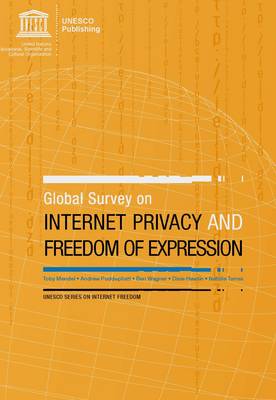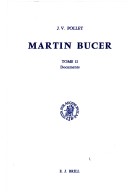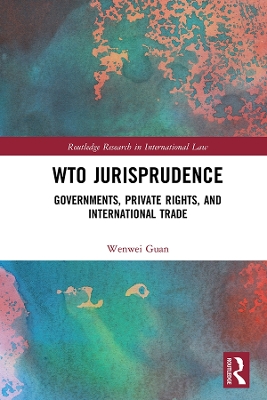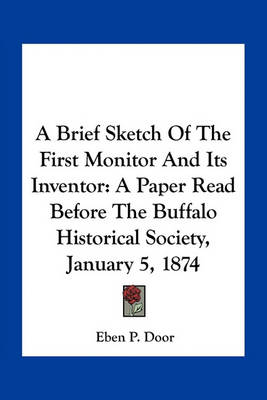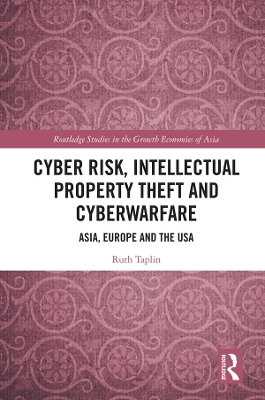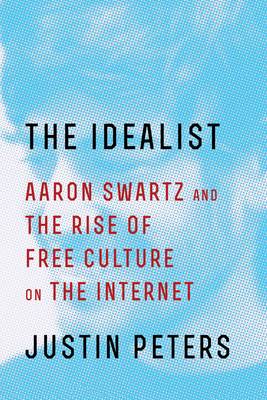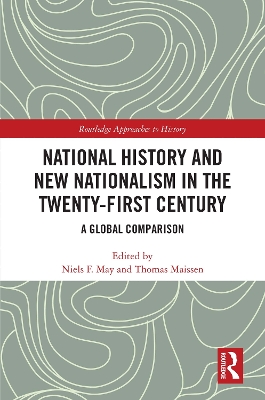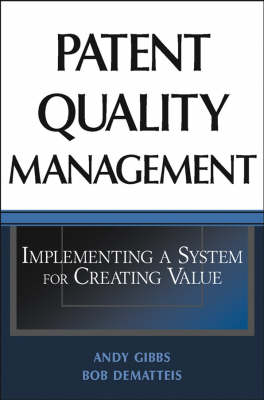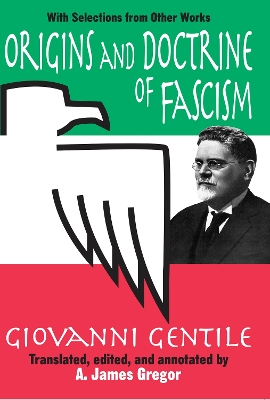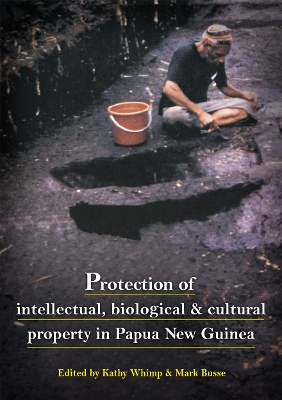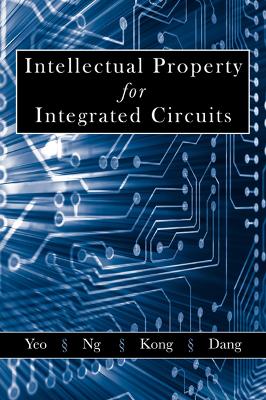Global survey on internet privacy and freedom of expression
by Toby Mendel
This book offers a critical examination of the jurisprudence of the World Trade Organization (WTO) as an emancipatory international social contract on trade. The book suggests that the WTO is an international organization built and operating on member states' attribution of authority through consent with legislative, administrative, and adjudicative functions - three functions in one triune personality. With a solid constitutional continuity building on GATT experiences, the WTO has successfull...
A Brief Sketch of the First Monitor and Its Inventor
by Eben P Door
The Complete Idiot's Guide (R) to Cashing in On Your Inventions
by Richard C. Levy
Many kinds of interventions have been designed and implemented to combat digital copyright infringement, a type of cyber-deviance that is also known as 'digital piracy'. However, it is not clear whether such measures are indeed effective in reducing this type of deviance. This research sets out out to examine the functioning of these interventions from an empirical perspective. The persistence of digital copyright infringement presents various challenges to governments, the creative industries a...
During the first decades of America's existence as a nation, private citizens, voluntary associations, and government officials encouraged the smuggling of European inventions and artisans to the New World. At the same time, the young republic was developing policies that set new standards for protecting industrial innovations. This book traces the evolution of America's contradictory approach to intellectual property rights from the colonial period to the age of Jackson. During the seventeenth...
Economics of Regulation and Antitrust (Economics of Regulation and Antitrust) (The MIT Press)
by W. Kip Viscusi, John M. Vernon, and Joseph E. Harrington Jr.
This new edition of the leading text on business and government focuses on the insights economic reasoning can provide in analyzing regulatory and antitrust issues. Departing from the traditional emphasis on institutions, Economics of Regulation and Antitrust asks how economic theory and empirical analyses can illuminate the character of market operation and the role for government action and brings new developments in theory and empirical methodology to bear on these questions. The fourth edit...
Cyber Risk, Intellectual Property Theft and Cyberwarfare (Routledge Studies in the Growth Economies of Asia)
by Ruth Taplin
The desire to steal the intellectual property (IP) of others, be they creative individuals or company teams working in patent pools to create new innovations, remains the same. Political methods have become more sophisticated in terms of devaluing the output of creative humans by creating open- source access, which can be taken freely by all and sundry. What has changed is the new cyber- based technology that allows increased theft of IP. Likewise, warfare for geo- political imperatives is not n...
Geschichte Und Zukunft Des Urheberrechts II (Beitrage Zu Grundfragen Des Rechts, #34)
Bazaar of Opportunities for New Business Development
by Jaakko Paasi
A smart, lively history of the Internet free culture movement and its larger effects on society - and the life and shocking suicide of Aaron Swartz, a founding developer of Reddit and Creative Commons-fromSlate correspondent Justin Peters. Aaron Swartz was a zealous young advocate for the free exchange of information and creative content online. He committed suicide in 2013 after being indicted by the government for illegally downloading millions of academic articles from a non-profit onlin...
National history has once again become a battlefield. In internal political conflicts, which are fought on the terrain of popular culture, museums, schoolbooks, and memorial politics, it has taken on a newly important and contested role. Irrespective of national specifics, the narratives of new nationalism are quite similar everywhere. National history is said to stretch back many centuries, expressesing the historical continuity of a homogeneous people and its timeless character. This people st...
Intellectual Property Securitization (Iplogy)
by Marc Rene Deschenaux
As a business subject and as a practice, intellectual property (IP) has gained in importance in recent decades. Understanding and Profiting from Intellectual Property offers a guide on how to profit from IP , particularly in a global business context. It presents the IP fundamentals, environments, management and strategies in a way which is relevant to both business practice and research. It will enable practitioners to devise a plan based on logically adopted strategic and managerial approaches...
Conceptions of Space in Intellectual History
This volume takes a fresh approach to the issue of ‘space’ in intellectual history and puts forward novel ways of rendering conceptions of space useful for historians of political thought. Notions of ‘space’ have become increasingly important to the practice of intellectual historians in recent years. This is evidenced by emerging locutions such as ‘the international turn’, ‘global intellectual history’, and ‘political space’. Thus far, however, it is still unclear what it actually means to tak...
Patent Quality Management: Implementing a System f or Creating Value
by Gibbs
With the growing imperative to identify alternative (internal) sources of revenue, corporate shareholders, managers, and senior executives are aware of the critically important value of patents to the bottom line. To achieve these objectives, now more than ever companies must implement a patent-centric management process. This book introduces a new methodology that provides a hands-on implementation process, guiding every level of corporate manager, from CEO on down, through the establishment of...
Giovanni Gentile (1875-1944) was the major theorist of Italian fascism, supplying its justifi cation and rationale as a developmental form of dictatorship for status-deprived nations languishing on the margins of the Great Powers. Gentile's "actualism" (as his philosophy came to be called) absorbed many intellectual currents of the early twentieth century, including nationalism, syndicalism, and futurism. He called the individual to an idealistic ethic of obedience, work, self-sacrifi ce, and na...
Protection of Intellectual, Biological and Cultural Property in PNG
Intellectual Property (IP) covers all rights that are generated by one's creative intellectual efforts. Being intangible, intellectual property has no material existence but is, nevertheless, a valuable asset with substantial commercial value. With the knowledge gleaned from Intellectual Property for Integrated Circuits, integrated circuit (IC) designers will possess a substantial understanding of the numerous forms of intellectual property and their underlying laws and governing principles to e...

